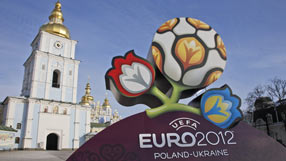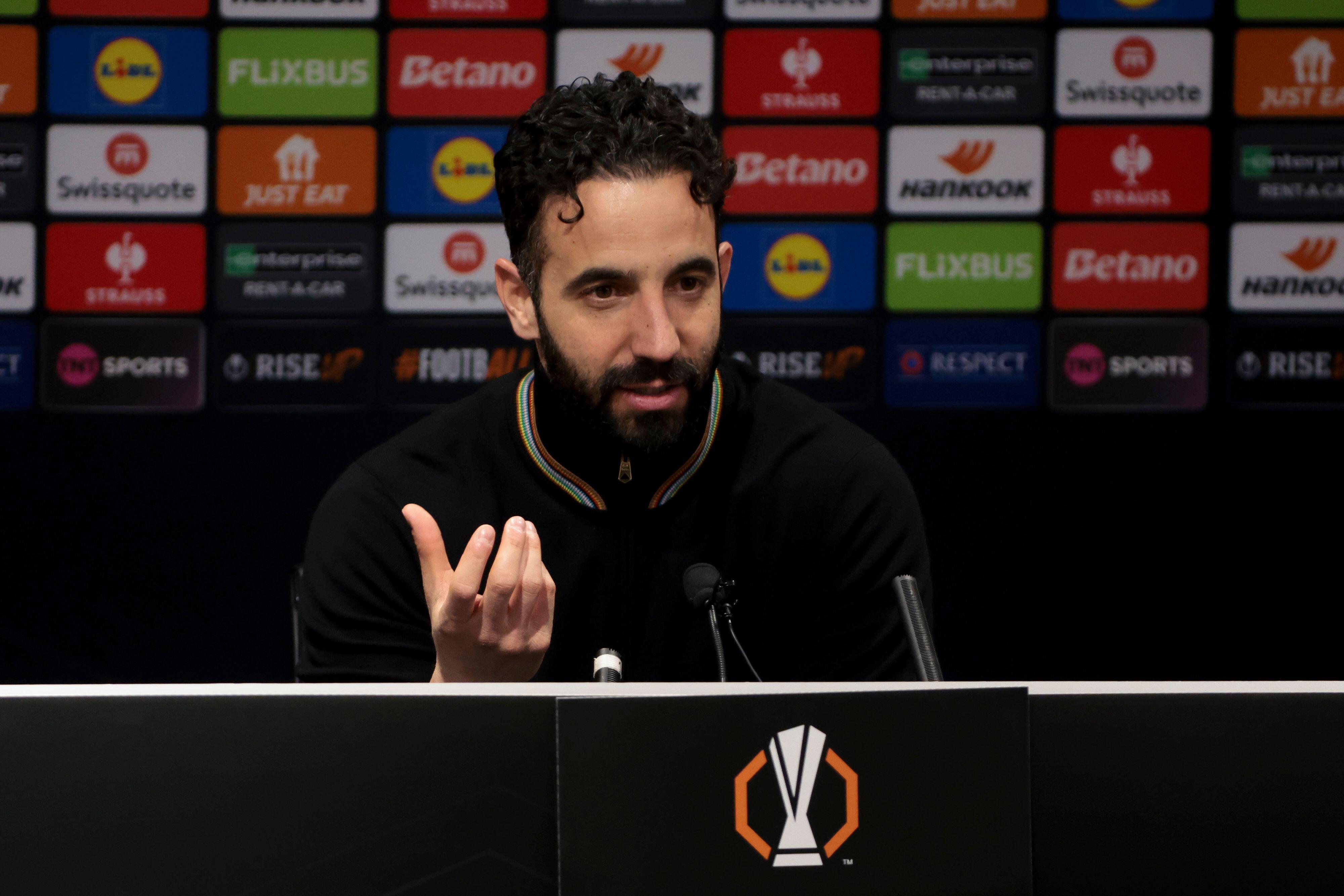Poland sees $9 billion boost from Euro 2012
WARSAW - Hosting the European Championships in 2012 will generate some 28 billion zlotys ($9.1 billion) for Poland's economy in additional tourist revenues and foreign investment, boosting growth, the sports minister said on Friday.

Adam Giersz told Reuters in an interview that Poland, which is to co-host the tournament with Ukraine, expects 900 million zlotys from additional tourist traffic in 2012 and a further 5 billion zlotys in the years following.
"We expect around one million tourists to come to Poland specifically for the Euro 2012, of which around half would have tickets for games," Giersz said.
"In the following years, we also expect some half a million more tourists coming to Poland than usual and, as a result, extra revenue of some 5 billion zlotys by 2020."
However, most of the benefits for the economy will accrue from increased investments thanks to infrastructure being built faster than otherwise.
Giersz estimated the overall boost to the economy would reach some 2.1 percent of Poland's GDP in 2009.
Key infrastructure investments, mainly stadiums, are progressing on schedule and so the focus of Poland's preparations is shifting to organisation ahead of the world's third largest sport event, he said.
"For now, it's mostly the problem of ensuring safety at stadiums. We are still facing issues such as transport logistics for football fans," Giersz added.
Get FourFourTwo Newsletter
The best features, fun and footballing quizzes, straight to your inbox every week.
KEEN FAN
The centre-right government of Prime Minister Donald Tusk, a keen football fan, is proud of its record of promoting football and other sports since taking office in 2007, though Giersz ruefully acknowledged it had not been able to improve the lamentable performance of the national team who failed badly to qualify for the World Cup finals.
In his office, a large-scale map of Poland bears blue spots to mark the 1,285 sports grounds opened across the country to promote sport among youth, one of Tusk's flagship projects.
"There will be 1,850 of these by year-end," Giersz said, adding that Warsaw believed the state's role in improving both the sorry state of Polish soccer as well as other sports should focus on providing infrastructure and a clear legal framework.
Giersz said licensing requirements for football clubs needed to change with the introduction of obligatory youth academies and minimum spending levels for youth training. In return, clubs could benefit from tax breaks.
A new sports law due to come into force this autumn will introduce higher penalties for corruption and doping as well as tighter regulations for sports associations, all aimed at promoting safety and transparency in sport.
Mindful of the national team's run of embarrassing defeats, including losing recently 6-0 against Spain and 3-0 to Cameroon last week, Giersz added: "The state of Poland's football is the biggest threat to the success of Euro 2012."
But he tried to brush aside Poles' widespread fears that their team will be forced out of the tournament early on.
"I am an optimist - it cannot get any worse. We have hit rock bottom and things can only get better," he said.
